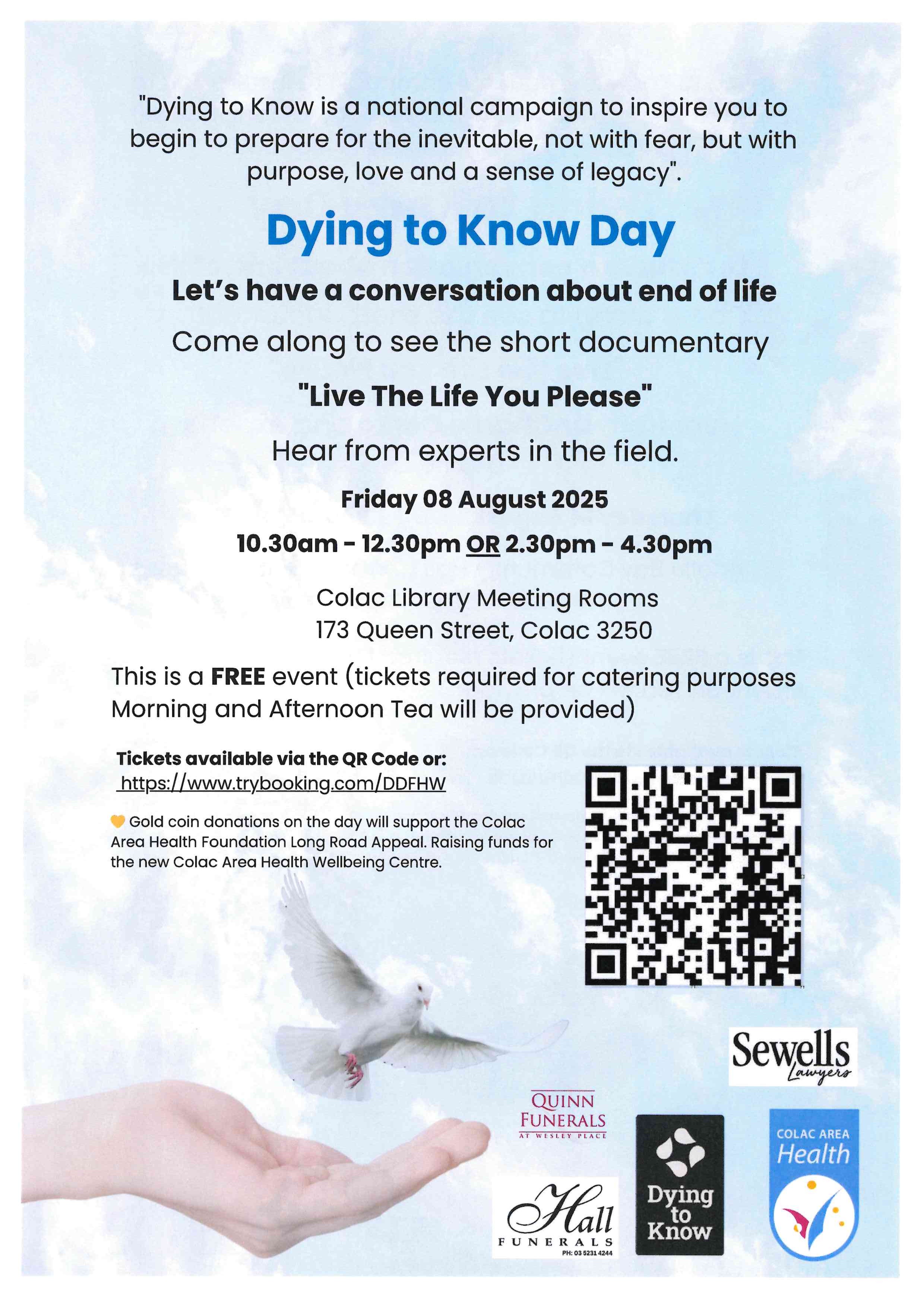Initial steps
Depending on your relationship with the person who has died without a will, you may need to take some legal steps to give you the authority to act as administrator.
If you're the "next of kin" (usually the spouse or a child of the person who has died), then we suggest you arrange a time to catch up with us where we'll chat about your family, the assets and liabilities involved, and who will be the beneficiaries in accordance with law.
Obtaining authority to act as administrator
Then if necessary, we can help you complete the paperwork to make application for "letters of administration", which involves an affidavit signed by you setting out why you are the right person to be in charge, and an inventory of assets and liabilities of the estate. Before we submit the application, we'll need to advertise your intention to apply for letters of administration (in case anyone can produce a valid will or objects to your right to apply).
Administering the estate
Once letters of administration is granted, we can help you collect the proceeds of bank accounts, sell real property, pay out any liabilities and ultimately distribute the estate to the beneficiaries. We suggest that you wait for 6 months before distributing the estate as this is the time frame in which an eligible person could bring a claim against the estate.













